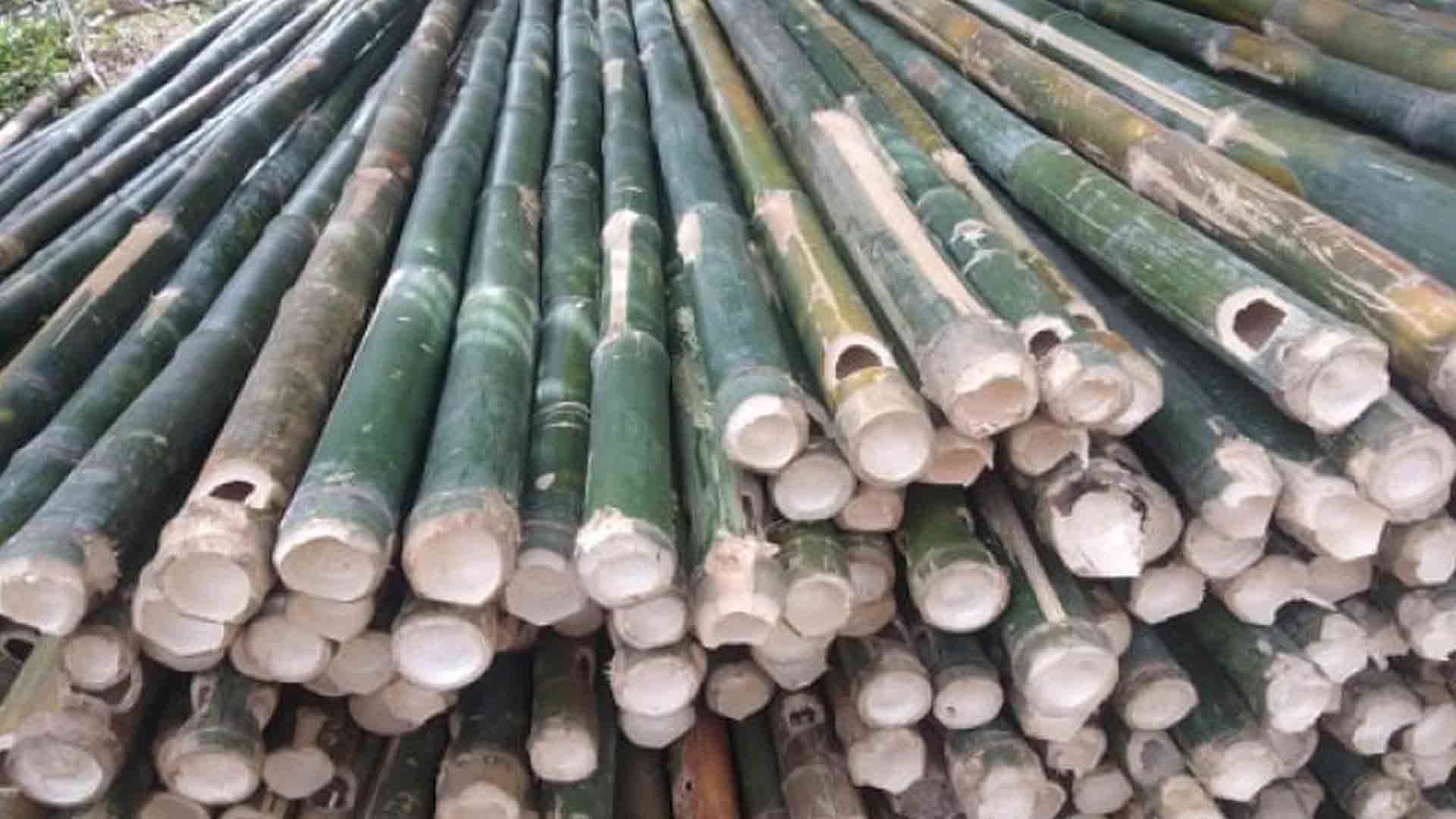The Philippine Bamboo Industry Development Council (PBIDC) has sent a letter to Senate President Juan Miguel Zubiri, asking that more stakeholders be allowed to physically attend hearings on the “Bamboo Bill” as a means of rallying support for its approval.
In an interview on Saturday, PBIDC executive director Rene Madarang said stakeholders want to show support for the immediate passage of Senate Bill (SB) 605 or an Act Institutionalizing the Philippine Bamboo Industry Development Program.
The House of Representatives recently passed its version of the proposed law, which promises various fiscal incentives to investors engaged in the cultivation and processing of bamboo into high-value finished products.
Madarang said SB 605 will also serve to fortify the PBIDC’s policy-making role in creating community-based enterprises that will have sufficient supply of quality materials and produce new products from research and development-inspired technologies.
If passed, furniture manufacturers will be mandated to use bamboo on at least 25 percent of their raw materials inputs, as part of an aggressive campaign to promote bamboo as an alternative to hardwood.
Additionally, bamboo plantations will be accepted as loan collateral in government-owned-and-controlled financial institutions, while plantation developers and bamboo processors will have priority access to credit and guarantee.
Bamboo plantations will be exempted from security cutting, harvesting, and transporting permits, he added.
“Developing the bamboo industry will not only help investors but it promises steady economic benefits to planters as well,” he said.
He cited as an example the two bamboo nurseries in the municipality of Rodriguez (formerly Montalban), Rizal province, which are already providing income to members of the Dumagat tribe, thanks to a partnership between the PBIDC and the Rotary Club.
The Dumagats are paid regular wages for growing the bamboo propagules in the nursery, and eventually transplanting them to denuded areas within the Marikina Water Shed, as part of reforestation efforts to support the watershed’s continued viability, said Madarang.
Zubiri, who authored SB 605, said that the Bamboo law enactment “will create among the biggest agriculture industries in the country.”
The bill is touted as being aligned with the Marcos administration’s aim to “speed up economic development, create livelihood, and cushion vulnerable poor population from climate disasters.”
Six other bamboo development-related bills will be deliberated upon in the Senate next week, all of which will help strengthen the PBIDC’s mandate, and allocate more resources to this Department of Trade and Industry-attached agency.
“There is a lot of potential in the local bamboo industry. Currently, we are the fifth largest bamboo exporter in the world. With smart planning and malasakit (concern), especially to our bamboo planters, the Philippine bamboo industry could be a behemoth a few years down the road,” Speaker Martin Romualdez said in a statement after the approval of House Bill 7941 in May.
Under the measure, the PBIDC shall be tasked to create Philippine Bamboo Industry Development Program, to include plans of actions and projects for the scientific propagation, development and management, processing, utilization, business development, and commercialization of Philippine bamboo and bamboo products.
Former House Deputy Speaker Deogracias Victor Savellano, currently vice chair of the PBIDC, said he hopes SB 605 will be ratified within the year.
“It is imperative that the industry that is so natural to us Filipinos can be developed sooner. It has been waiting for a long time now to help our poorest population,” he said in a previous statement. (PNA)







